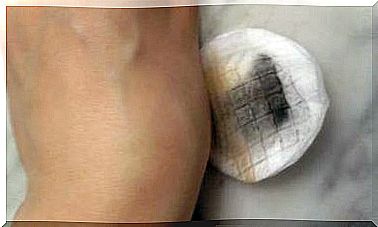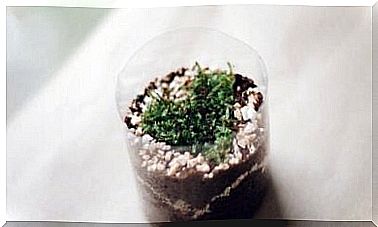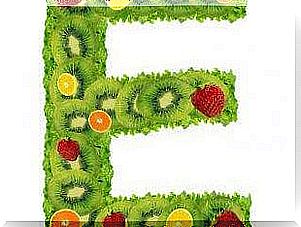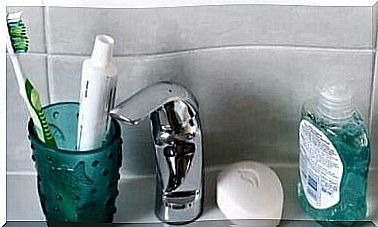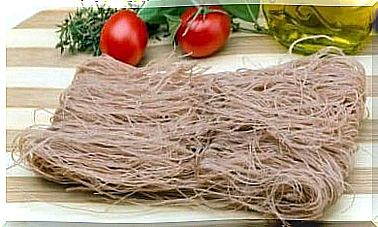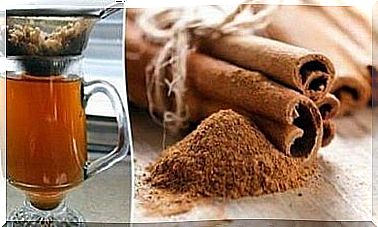Basic Care For Atopic Eczema In Babies
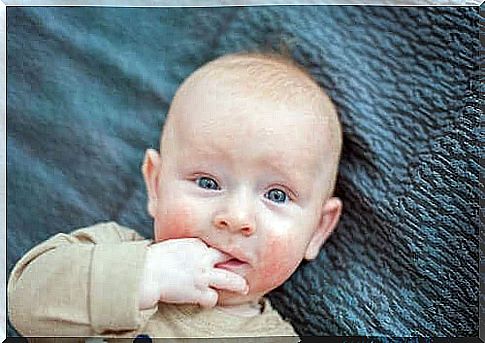
Atopic eczema in babies is one of the most common skin conditions that appears during the first months of a baby’s life. Since it is a chronic disease, prevention should be the primary care, as well as relief of the symptoms that arise as a result of it.
Early detection of this dermatological condition will help family members in their task of reducing the symptoms and discomfort that comes with it.
What is atopic eczema in babies?
Atopic eczema usually begins between the baby’s third and fifth months of life. At this stage, skin lesions typically become more frequent. They usually take place in the form of outbreaks, which last about six weeks, although they can last longer than that.
The condition usually remains active until the age of two years, after which it either stays for a longer period of time or disappears completely. This is a childhood disease with a safely inherited component. For that reason, one should consider his family history.
When to go to a pediatrician?
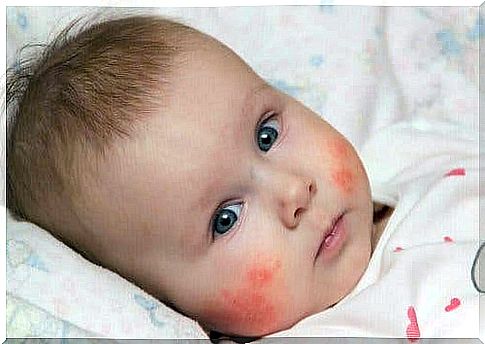
Atopic eczema does not have specific characteristics. It varies from person to person. It is, therefore, very difficult to differentiate it from other forms of eczema. Only a pediatrician can diagnose atopic eczema after assessing the baby’s symptoms.
So you will need to see a pediatrician if you observe the following things in your baby:
- Non-specific rash, especially on the face and flexible areas.
- Rash, which stays for a while.
- Frequent crying as it may be due to itchy discomfort in the affected areas.
How to detect atopic eczema in babies
Atopic eczema can manifest itself in various ways. The most common are the ones we will mention here.
Rash usually appears on the cheeks, forehead, ears and scalp. Then it can spread to the rest of the body where it begins in the facial area. This is typically itchy eczema and, sometimes, some degree of fluid.
Atopic eczema can also manifest itself along with an allergy to egg whites. For this reason, allergy tests must be performed in order to make a diagnosis in babies.
How can atopic eczema be prevented in babies?
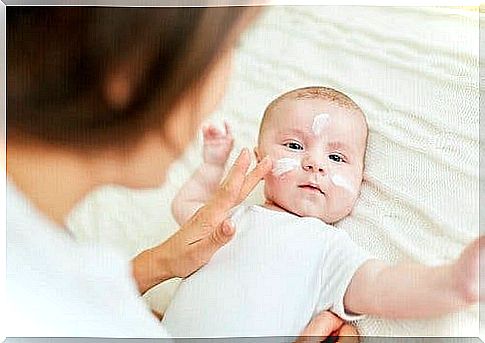
To treat atopic eczema, family members need appropriate health professional knowledge:
- Wash your baby’s clothes with mild detergent and avoid fabric softener.
- Avoid heat, especially hot air. To do this, avoid woolen materials, plastics and some types of fiber, which promote the presence of sweat and thus rashes. Instead, one should choose to use only cotton.
- Use humidifiers against dry air in areas where the humidity is too low.
- Exercise proper baby hygiene with short baths or shower trips, no more than 2-3 times a week. This is because excessive amounts of water and exposure to soap can promote the occurrence of rashes. Doctors recommend using oatmeal.
- Apply moisturizer, which is made for babies, several times a day, with a gentle massage so that it penetrates properly into the skin.
Medical treatment
There are situations where the symptoms that occur as a result of atopic eczema in babies may require pharmacological treatments and the supervision of a doctor to avoid complications:
- It is necessary to talk to a pediatrician to be able to determine the pattern of local anti-inflammatory treatment when there is an outbreak. You should also stop using the moisturizing creams you used during the contraception phase.
- Avoid the occurrence of skin infections. This usually occurs due to the scratching after the itching has begun. One must also maintain proper hygiene.
If the pediatrician thinks there may be an infection, then they can prescribe the use of local or systemic antibiotics.
Topical corticosteroids are some of the most commonly prescribed medications for this condition by pediatricians. You should not be afraid to use them as long as you do it correctly. They have many benefits for babies with eczema.

